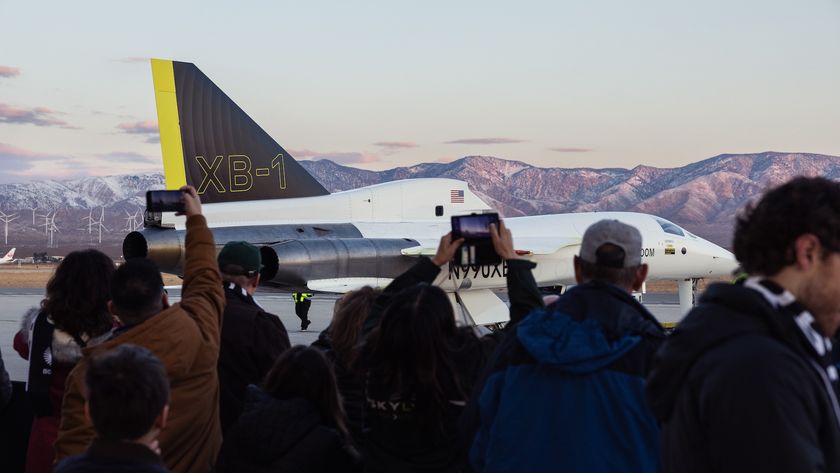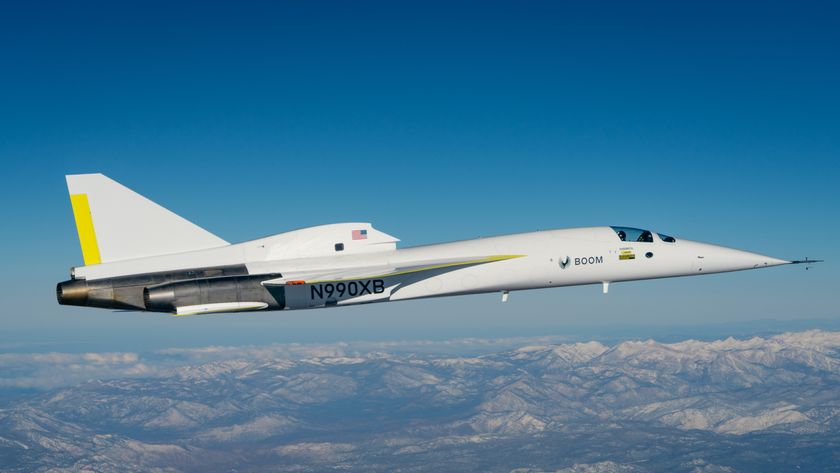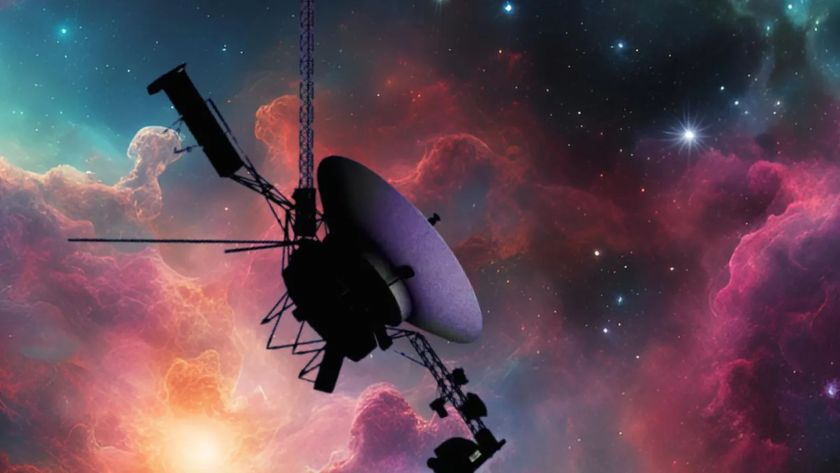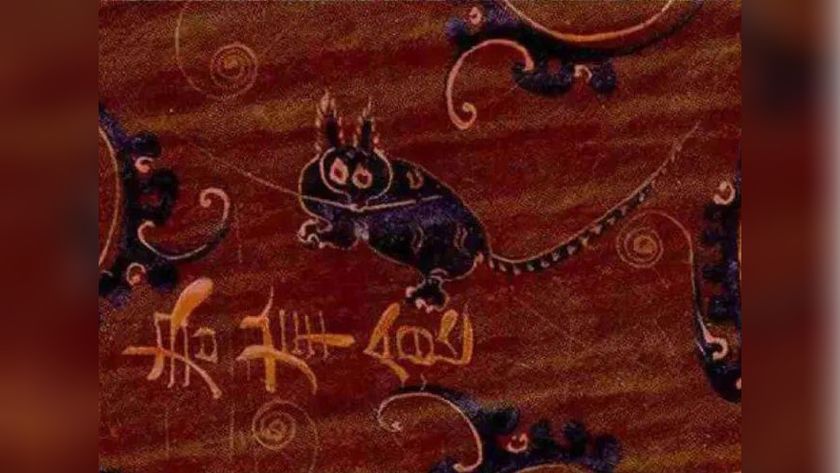Universal Whistling Machine -- The Future Of Non-Verbal Communications
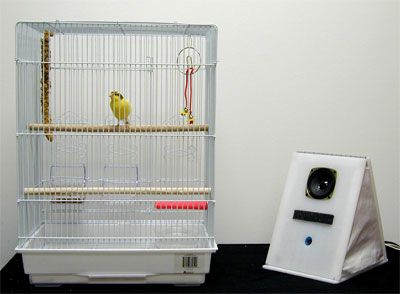
Canadian artists Marc Bohlen and J.T. Rinker want to change the way that you interact with your favorite electronic devices. Tired of tiny keyboards, poor speech recognition or incomprehensible interfaces? The Universal Whistling Machine is a step toward a non-verbal dialogue between man and machine. The device uses signal-processing to extract whistles from other sounds and exchange sounds with humans, each others and animals, building up a vocabulary of "phrases." Bohlen and Rinker shared a first prize award at the Art & Artificial Life International Competition in Madrid.
On his website, Bohlen muses that whistling is a pre-verbal communcation form that is still in use in some parts of the world. The people of Gomera, in the Canary islands, use a whistling language to communicate between distant hilltops. He writes:
U.W.M is an investigation into the vexing problem of human-machine interface design. Whistling is much closer to the phoneme-less signal primitives compatible with digital machinery than the messy domain of spoken language. As opposed to pushing machines into engaging humans in spoken language, U.W.M. suggests we meet on a middle ground. Whistling occurs across all languages and cultures. All people have the capacity to whistle, though many do not whistle well. Lacking phonemes, whistling is a pre-language language, a candidate for a limited Esperanto of human-machine communication.
This is an interesting notion because one of the most successful pieces of consumer electronics, the original Palm PDA, is based on a similar idea applied to writing. Palm devices dispense with the keyboard, but they do not provide true handwriting recognition. Users scrawl on the screen with Graffiti, a set of symbols designed to be more easily read by computers. By meeting the PDA more than halfway, users had an effective subsitute for bulky (or unusable) keyboards.
Gives new meaning to phrase "whistle while you work".
Old-school hackers don't need to be convinced of the value of a good whistle. The Bell system phased out its human operators in favor of an automated system based on tones of set frequencies in the 1960's. According to hacker legend, a blind boy with perfect pitch figured out how to whistle up unlimited long distance calls.
Science fiction fans have long been fond of a robot that communicated with a series of whistles (and beeps). R2-D2 speaks a language that is very efficient, but which requires the services of a protocol droid for translation into human-understandable language. If you're tired of Star Wars reruns, take a look at GRACE - A real robot that specializes in etiquette and protocol.
If you are interested in other forms of voice recognition, take a look at the Phraselator P2", the most advanced handheld military-grade speech recognition and translation device available.
(This Science Fiction in the News story used with permission from Technovelgy.com - where science meets fiction.)
Sign up for the Live Science daily newsletter now
Get the world’s most fascinating discoveries delivered straight to your inbox.
